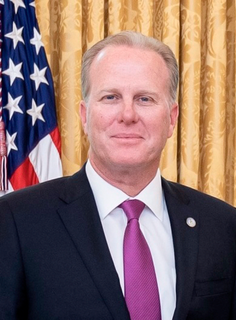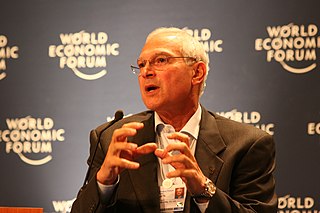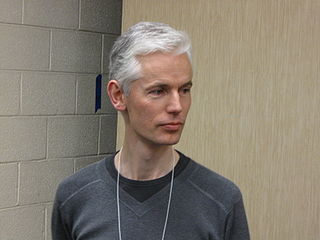A Quote by Matthew Desmond
Housing being a top-order issue for cities is something that's not trivial.
Related Quotes
All three of the leaders looked like they were surprised to be asked about housing. And really none of them had anything interesting to say. And so this is something we need to push hard on to ensure that they understand that our housing crisis is really a major economic issue. It's not a social issue; it's an economic issue.
The Boston's government approves housing projects every month and we're constantly approving opportunities to build more housing. And Boston is one of the hottest cities in America where people want to live. And it's important that we continue to build this housing and to keep up with the demand that we have in the communities.
The Dallas model, prominent in the South and Southwest, sees a growing population as a sign of urban health. Cities liberally permit housing construction to accommodate new residents. The Los Angeles model, common on the West Coast and in the Northeast Corridor, discourages growth by limiting new housing.
For me, in trying to talk about something like policing, it's such a huge issue, and it's an issue that's very local and very personalized to communities, to cities, to legislators, and so, in that way, I think as we started looking into talking about policing, the thing that you realize is that you can't paint everything with the same brush.
People at the top spend less money than those at the bottom so when you have redistribution toward the top, aggregate demand goes down. Unless you intervene, you're going to have a weak economy unless something else happens. That something else could be a bubble. The United States tried a tech bubble and a housing bubble, but those were not sustainable answers. So I view inequality as a fundamental part of our macroeconomic weakness.





































